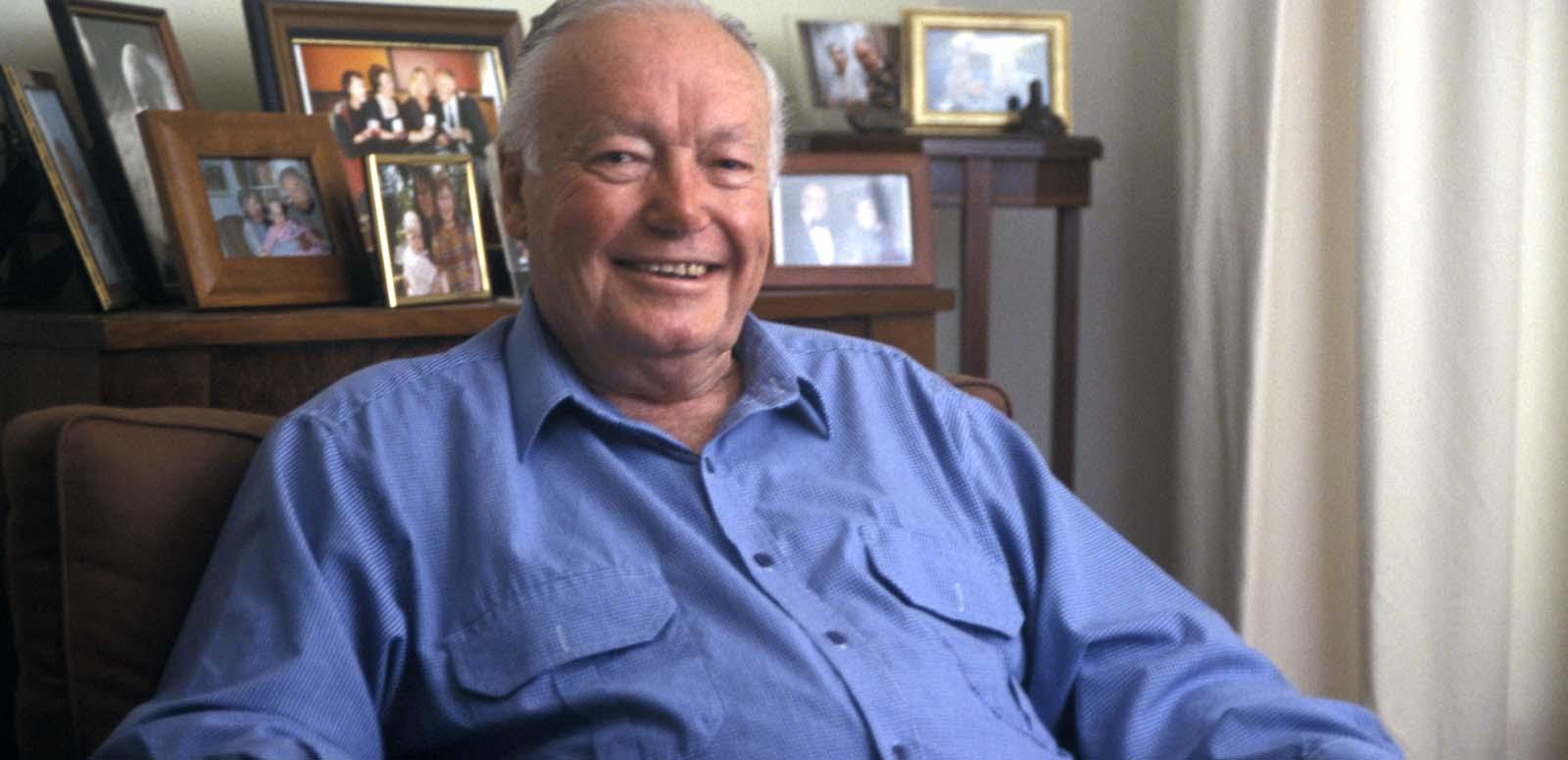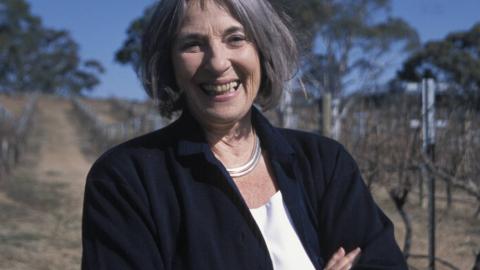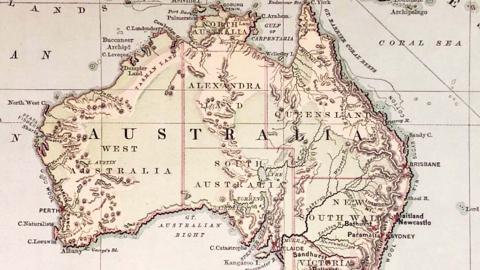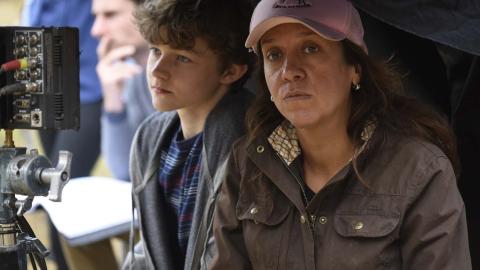

Australian Biography: Men
Australian Biography: Men
This collection profiles some of the most extraordinary Australian men of our time.
It features remarkable individuals who have had a major impact on Australia's cultural, political, artistic, sporting and social life.
Through revealing in-depth interviews conducted for Film Australia's Australian Biography TV series, the subjects share valuable experiences and insights.
Watch more interviews from the series in our Australian Biography: Women curated collection.
WARNING: Aboriginal and Torres Strait Islander viewers are advised that the following program may contain images and/or audio of deceased persons.
Main image: Charles 'Bud' Tingwell
The National Film and Sound Archive of Australia acknowledges Australia’s Aboriginal and Torres Strait Islander peoples as the Traditional Custodians of the land on which we work and live and gives respect to their Elders both past and present.


